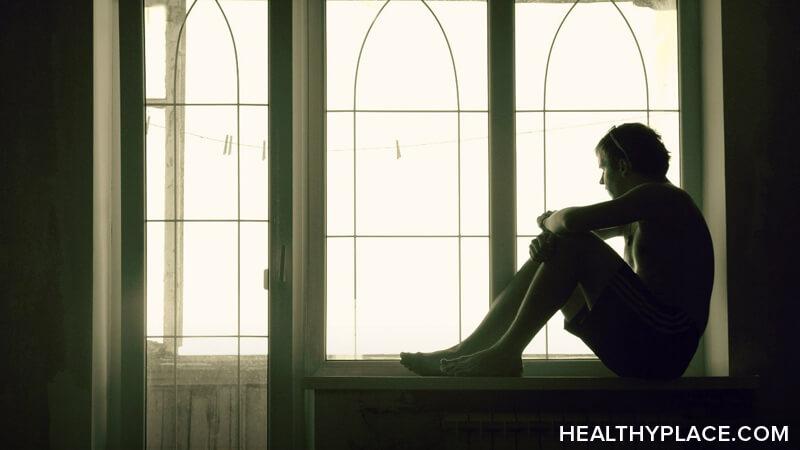It's Okay to Struggle with Your Mental Health--Times Are Hard

During a time where the world is pushing for positivity and forward-moving action, it can be especially difficult when you're not able to do that. The fact of the matter is that it's okay to struggle with your mental health during difficult times and it's nothing to be ashamed of. Despite all the messages asserting that struggling with your mental health isn't an acceptable response, it is.
Shaming People for Struggling Is Mental Health Stigma
Life has changed in many ways in the past few months during the COVID-19 pandemic, and even now people continue to adjust. A common theme as we're at home more than usual is the presumption of people not only having time to reach goals or do great things but also that they have the capacity to do so and, ultimately, should be doing so.
There have been posts online circulating that insinuate that with this time away from our everyday routines, we should be taking time for self-improvement and helping others. I've never in my life seen more ads for master classes or seen so many stories of who needs help and how we must step up to the plate.
It feels like even in this altered state of society, that people still want everyone to be doing, and when you're not, then you're making the choice not to do so. You're not trying hard enough. You're not actually motivated. You don't legitimately care.
That's an unfair notion if I've ever heard one. Shaming people who are struggling with their mental wellbeing is absolutely a form of mental health stigma. People spreading this shame fail to take into account that self-isolation, quarantine, and physical distancing have negative impacts on mental health. That's not even touching on the fact that many are worried about their loved ones becoming ill ("Coping with Anxious Thoughts About Coronavirus (COVID-19)").
I came across a post that aimed to shame those who were struggling by comparing them to those who were volunteering or fundraising, purporting the whole if-they-can-do-it-why-can't-you mentality. This is mental health stigma at its finest.
Use Self-Care to Minimize Stigma While Struggling With Mental Health
In this sort of environment, I like to take time for self-care to minimize the presence of mental health stigma. Doing this gives me the time to focus on something I enjoy while giving me the opportunity to distance myself from stigma's noise. Here are a few of the things I'm doing.
- I'm minimizing time on the Internet. The less time spent on the Internet, the less chance I have to come across the kinds of posts that could negatively impact my mental health.
- When online, I'm skipping, hiding, or ignoring posts that have a negative impact. This could be skipping ads, installing an ad blocker, scrolling past negatively impactful posts instead of reading them, and so forth.
- I'm doing more of what I enjoy. Whether it's writing, reading, or watching my favorite shows and movies, taking time to do things I enjoy provides a positive outlet for my time.
Not everyone can do all the time and it's okay to be struggling with your mental wellbeing when dealing with difficult times. It's completely valid if you're having difficulties. If all you can do is breathe, that's fine. Just do what you can to ignore the stigma that says otherwise and take care of yourself.
APA Reference
Barton, L.
(2020, April 20). It's Okay to Struggle with Your Mental Health--Times Are Hard, HealthyPlace. Retrieved
on 2026, March 4 from https://www.healthyplace.com/blogs/survivingmentalhealthstigma/2020/4/its-okay-to-struggle-with-your-mental-health-times-are-hard
